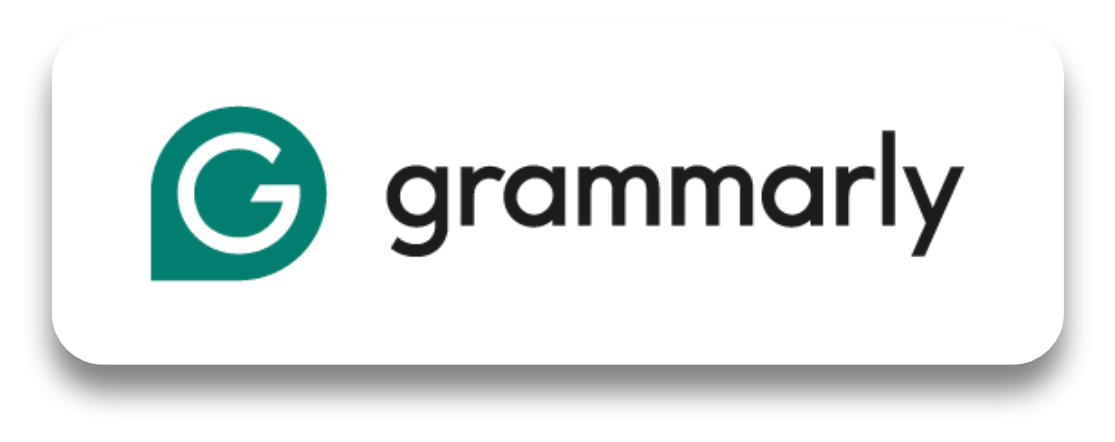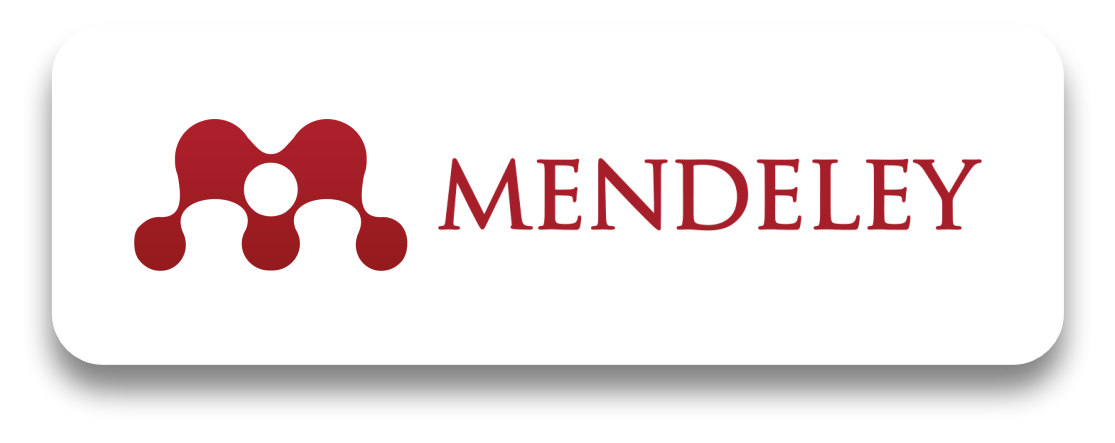The Role of Dinar and Dirham in Realizing Economic and Social Justice
DOI:
https://doi.org/10.64042/jeducih.v1i2.10Keywords:
dinar, dirham, economic justice, social justice, Islamic economics, monetary systemAbstract
This research analyzes the role of dinar and dirham in realizing economic and social justice amidst the dominance of the fiat money system that is prone to inflation, inequality, and economic instability. Unlike previous studies that focus primarily on theoretical aspects, this research provides a comprehensive normative-empirical analysis that bridges classical Islamic monetary principles with contemporary economic challenges, offering practical implementation strategies for modern economies. Using a qualitative approach through literature study and normative analysis, this research finds that dinar and dirham as precious metal-based currencies have stable intrinsic value, are able to strengthen purchasing power, and support fair and transparent transactions in accordance with Islamic economic principles. The study's novel contribution lies in its systematic examination of implementation pathways and policy frameworks that could facilitate the integration of Islamic monetary instruments in contemporary financial systems. Instruments such as zakat and infaq are also strengthened in this system as an effective wealth redistribution effort. Dinar and dirham are believed to be able to reduce speculative practices and usury, and encourage inclusive and real sector-based economic growth. However, the implementation of this system faces challenges in the form of infrastructure constraints, limited legality, and the diversity of scholars' views. Nevertheless, with the support of government policies, collaboration of zakat institutions, and public education, dinars and dirhams can be a strategic alternative towards a monetary system that is more fair, stable, and in line with Islamic values in the context of the modern global economy.








